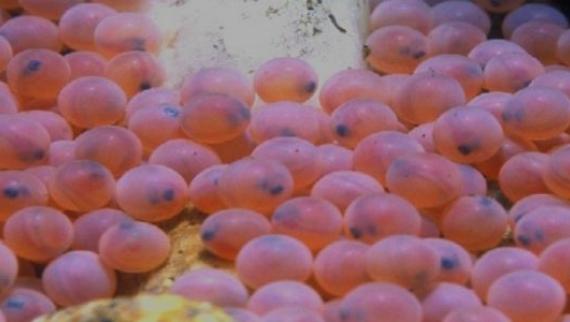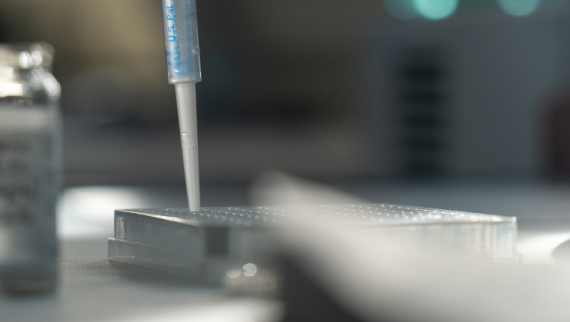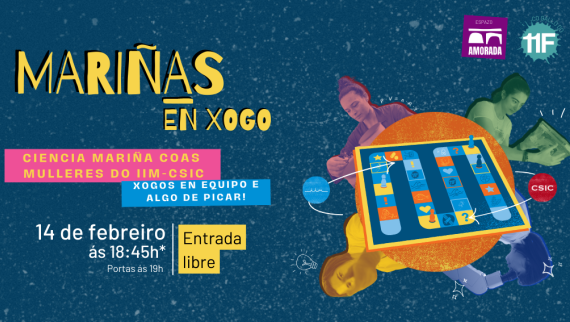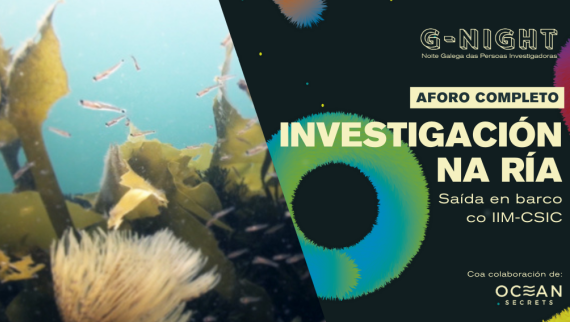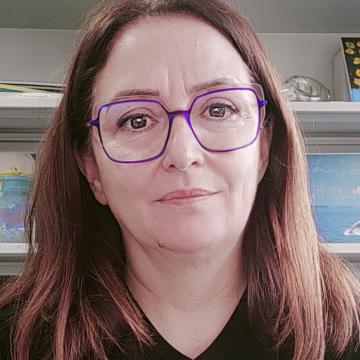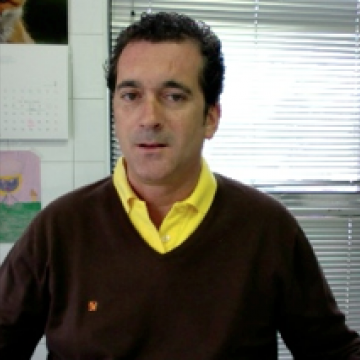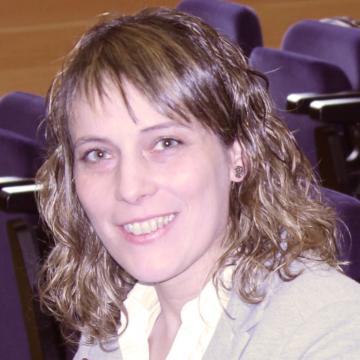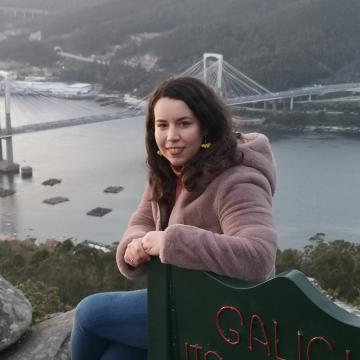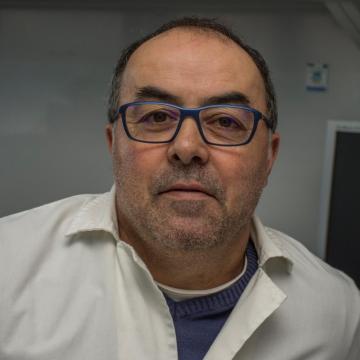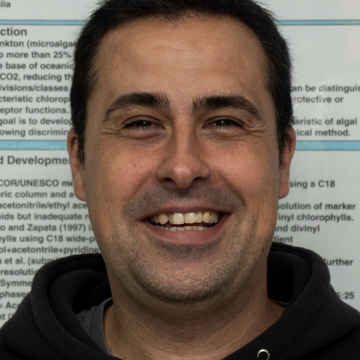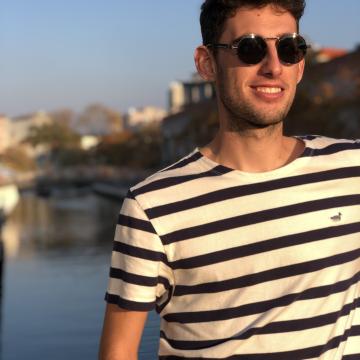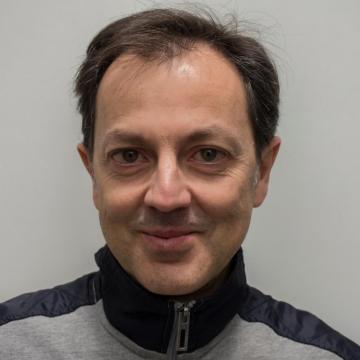Marine ecology and biodiversity
Our mission is to understand the role of biota in the functioning of marine ecosystems, in a context of global change and shared health.
The Marine Ecology and Biodiversity group (Ecobiomar) studies the biological diversity of marine ecosystems, focusing its lines of research on the study of engineering (zooplankton), emblematic (cephalopods) and pathogenic species (parasites), as well as on that cryptic environmental biodiversity that plays an important role in the stability of the ecosystem.
Within this conceptual framework, Ecobiomar works on several paradigms of current marine research, such as the dynamics of oceanography-biota coupling in a context of climate change, the interactions between phenology and species behaviour, the significance of the symbiotic relationships in resource management and the relevance of the "One Health" approach in health management as a transversal element all across EU policy.
In short, Ecobiomar works to monitor and ensure the sustainability and health of marine ecosystems and their services. To do so, they develop a transversal and multidisciplinary approach that relies on Ecology as the basis of scientific knowledge, covering everything from underwater observation in nature to -omics technologies in the laboratory. In this way, it develops a research program aligned with scientific and social challenges at an academic, institutional and public policy level.
- Hernández-Urcera, J.; Carneiro, M.D.D.; Planas, M. (2022) Turnover Rates and Diet–Tissue Discrimination Factors of Nitrogen and Carbon Stable Isotopes in Seahorse Hippocampus reidi Juveniles Following a Laboratory Diet Shift Animals DOI:10.3390/ani12101232
- García-Mayoral, E.; Roura, Á.; Moreno, A.; González, Á.F. (2022) Diet composition of wild Loligo vulgaris paralarvae along the West Iberian Peninsula coast Marine Ecology - Progress Series DOI:10.3354/meps13915
- Chanto-García, D.A.; Saber, S.; Macías, D.; Sureda, A.; Hernández-Urcera, J.; Cabanellas-Reboredo, M. (2022) Species-specific heavy metal concentrations of tuna species: the case of Thunnus alalunga and Katsuwonus pelamis in the Western Mediterranean Environmental science and pollution research international DOI:10.1007/s11356-021-15700-w
- Ríos-Castro, R.; Aranguren, R.; Romero, A.; Banchi, E.; Pallavicini, A.; Novoa, B.; Figueras, A. (2022) Assessment of the environmental distribution of the protozoan parasite Perkinsus olseni by next-generation sequencing, qPCR and histopathology allows the identification of alternative bivalve hosts Aquaculture DOI:10.1016/j.aquaculture.2022.737984
- Domínguez-López, M.; Bellas, J.; Sánchez-Ruiloba, L.; Planas, M.; Hernández-Urcera, J. (2022) First evidence of ingestion and retention of microplastics in seahorses (Hippocampus reidi) using copepods (Acartia tonsa) as transfer vectors Science of the Total Environment DOI:10.1016/j.scitotenv.2021.151688
- PhD - Elsa Carmen García Mayoral (23/09/2022) Ecology of loliginid squid in a coastal upwelling Universidade de Vigo (UVIGO)
- PhD - María Helena Rodríguez Domínguez (18/06/2021) Biobancarización de parásitos zoonóticos en sistemas productivos de pesca y acuicultura, y su aplicación en la categorización de riesgos Univerdidad de Vigo (UVigo)
- PhD - Lorena Olmos Pérez (23/02/2018) ECOLOGY OF CEPHALOPOD PARALARVAE IN A SEASONAL UPWELLING SYSTEM Universidade de Vigo (UVIGO)
- PhD - Marcos Regueira Fernández (14/06/2017) The ecology of the horned octopus, Eledone cirrhosa (Lamarck, 1798) in Atlantic Iberian Waters = Ecologia do polvo-do-alto Eledone cirrhosa (Lamarck, 1798) no Atlántico Ibérico = Ecología del pulpo blanco Eledone cirrhosa (Lamarck, 1798) en el Atlántico Ibérico Universidade de Aveiro (UA)
- PhD - Miguel Bao Domínguez (01/06/2017) A multidisciplinary approach to tackle the problem of the zoonotic parasite Anisakis in fish University of Aberdeen
- Capabilities | Development and application of molecular methodologies for the identification and quantification of marine species in environmental samples
Identification of new molecular markers for species identification through Next-Generation Sequencing in environmental DNA samples, with applications for biodiversity monitoring and fisheries stock assessment.
- Capabilities | Biodiversity AssessmentMarine instruments & sensors Coastal & Environmental Protection Maritime Spatial Planning Ecosystem Services & Governance
Monitoring temporal and spatial distribution of species, abundance and biomass from several taxa using different techniques such as e-DNA, pigment characterization, flow cytometry, acoustic telemetry, images collected from remote observation systems (i.e. drones, etc.) or classic taxonomic identification.
- Capabilities | Threat assessment and critical control points along seafood value chains
Assessment and development of protocols to identify the most problematic areas and products in terms of microbial contamination and parasitic infestation along the value chain of seafood products.
- Capabilities | Pathogen incidence and risk assessment
Pathogen detection and identification in wild and farmed animals, as well as in seafood products. Evaluation of the relationship between pathogen incidence and various environmental and physiological aspects to provide risk assessments for target pathogens.
- Trademark | Smart Fip: 100% sustainable, 0% waste fisheries
Smart Fip is a trademark that certifies the application of a private voluntary control system on parasitic risk assessment for fishery products along the entire value chain. Smart Fip is a cognitive predictive inspection protocol based on a set of international standards, scientific-technical protocols and unique tools that allow for the digital transformation of the inspection system. These protocols and diagnostic techniques are based on the European biobank of samples and marine molecules from parasites of biotechnological interest available to the IIM-CSIC. By accepting the regulations for the use of the brand, companies implement a reliable inspection and categorization system for flexible decision-making, which allows applying technical solutions at different steps and reducing food waste throughout the whole process.

